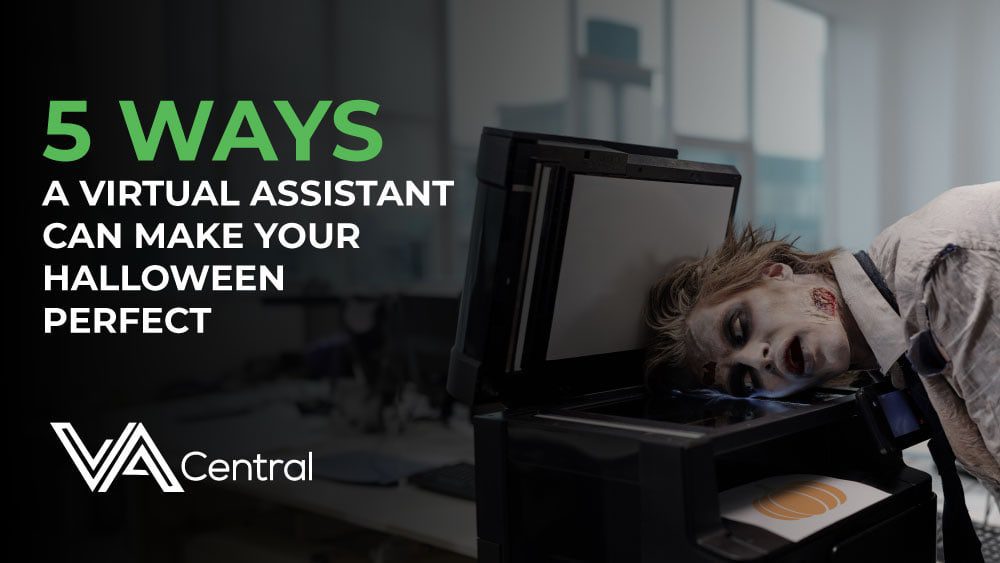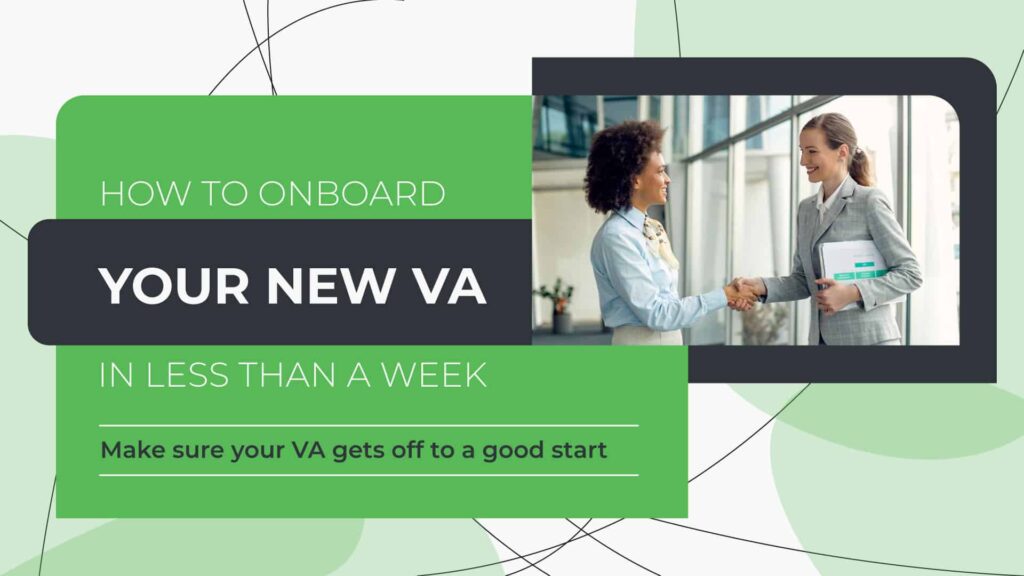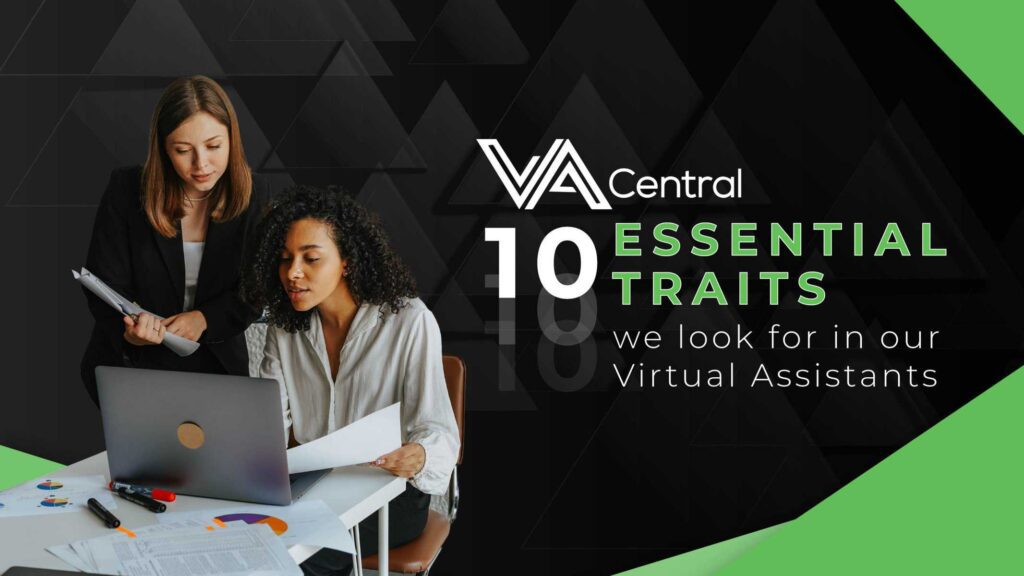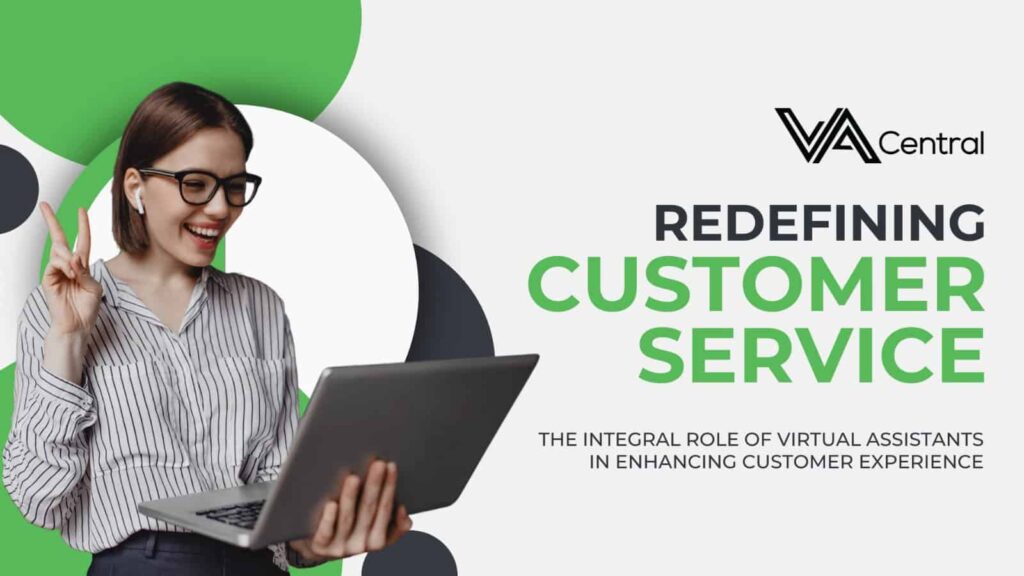Negotiating Fees in Estate Agency: Three Lessons from a Seller\’s Journey
Recently I was helping my girlfriend to sell her house. Three Agents were invited round for a consultation. What an interesting experience it was. The best part was that they all turned up on time. An encouraging start. Agent 1 was professional until we started to discuss charges, where, without questioning their initial figure, […]
Negotiating Fees in Estate Agency: Three Lessons from a Seller\’s Journey Read More »











